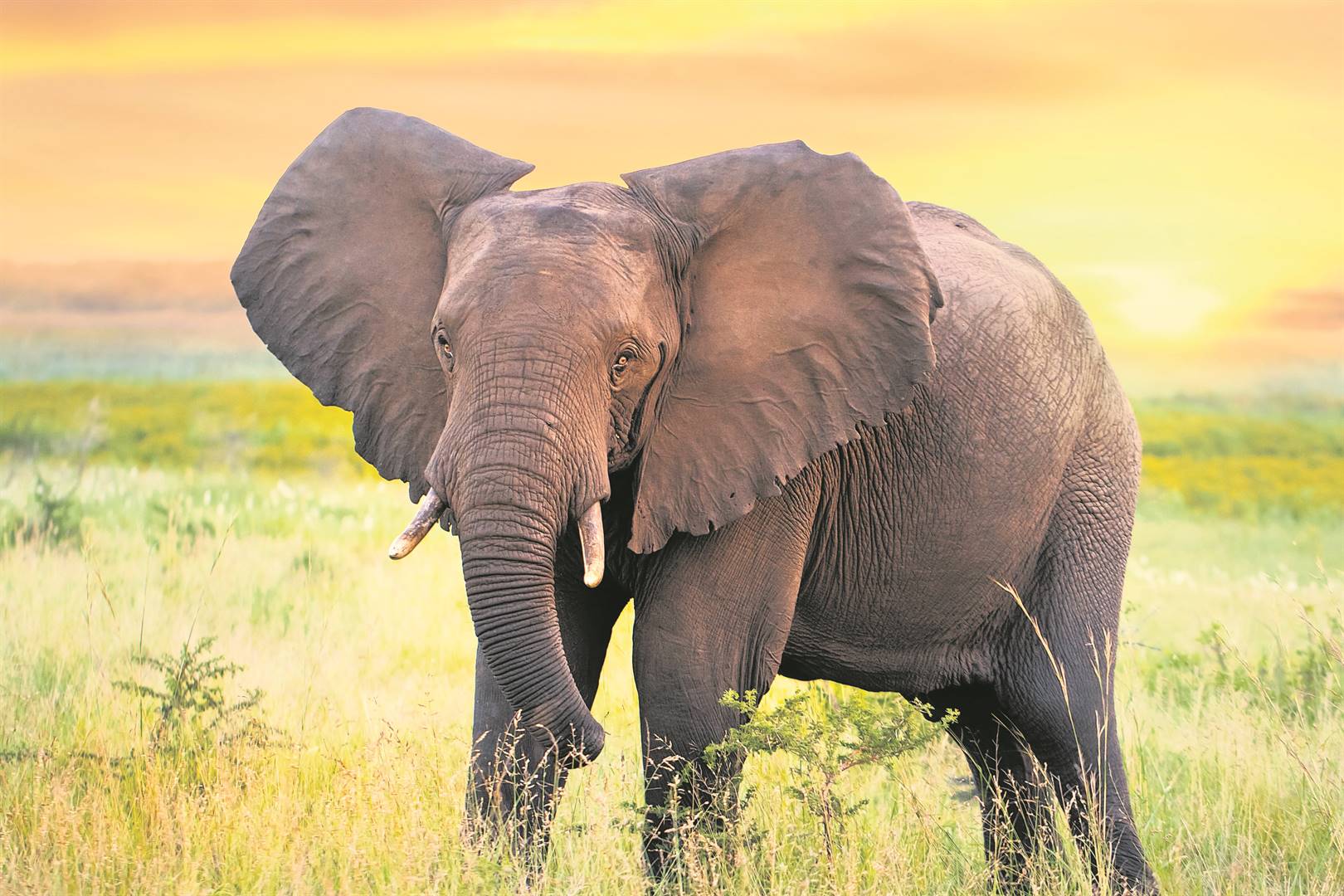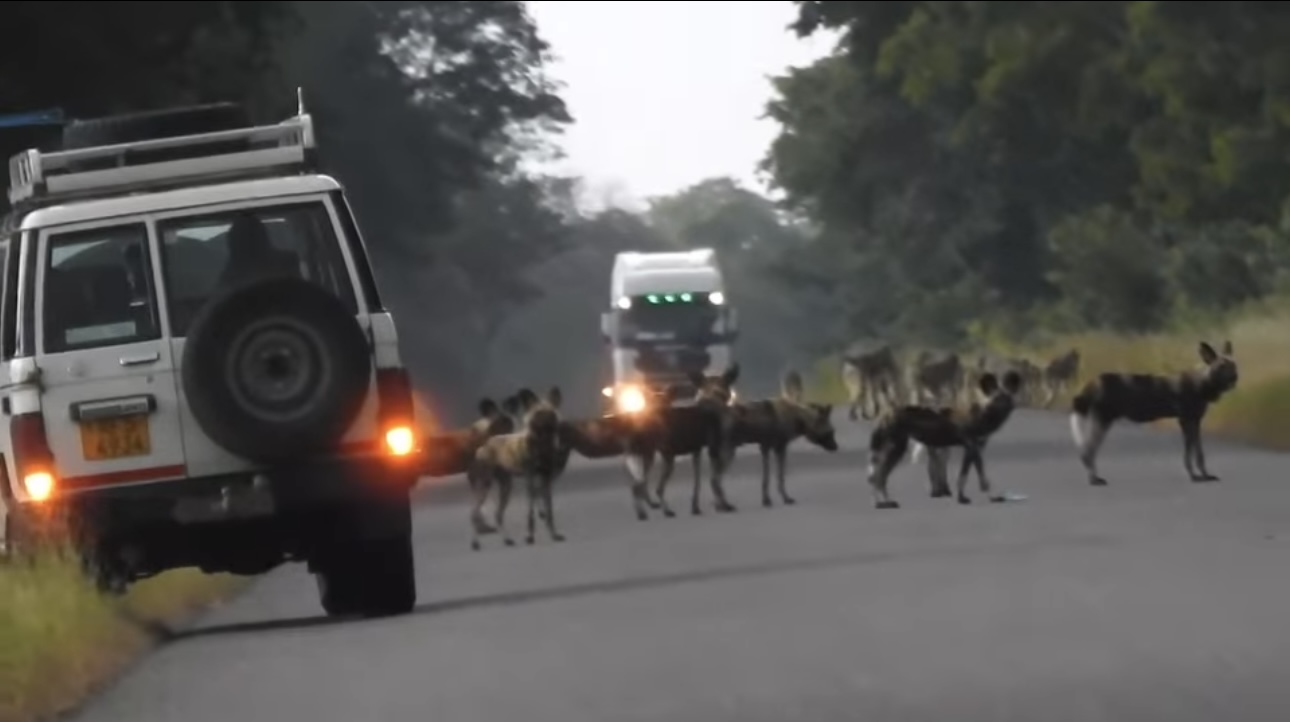BY NOKUTHABA DLAMINI
The Kavango Zambezi Transfrontier Conservation Area (KAZA TFCA) has launched the first ever KAZA-wide coordinated aerial survey of elephants in areas that include Angola, Botswana, Namibia, Zambia, and Zimbabwe at a cost of US$3 million.
In a joint statement by KAZA and the five member states, the initiative said the survey was a demonstration of the countries’ concerted efforts to implement the KAZA Treaty, which calls for regionally integrated approaches towards harmonising policies, strategies, and practices for managing shared natural resources straddling the international borders of KAZA.
“The survey is a fundamental component of the KAZA Strategic Planning Framework for the Conservation and Management of Elephants,” the statement said.
“It is also one of the action points of the 2019 Kasane Elephant Summit and a directive by our Heads of State.
“The elephant population of KAZA represents more than 50 percent of the remaining savanna elephants (Loxodonta Africana) found in Africa, a species recently listed by the International Union for the Conservation of Nature (IUCN) as globally endangered.
“On a positive note, the IUCN Red List acknowledged that savanna elephants are stable or increasing in KAZA, unlike the rest of the continent, which is a clear testament of the positive outcomes of the management interventions within KAZA.”
The KAZA elephant population is the largest contiguous transboundary elephant population in the world, inhabiting KAZA’s diverse landscape which is home to an estimated population of two million people, and has a geographic scope of approximately 520 000km².
“The survey will start in July – August 2022 and run for 4 months, with an expected cost of nearly US$3 million,”
“Results from the survey will contribute significantly towards the decisions on the sustainable management of KAZA’s elephant population.
The survey, according to the organisation will be coordinated by the KAZA secretariat in close collaboration with designated teams in each of the five countries and will be based on the recently revised Convention on International Trade in Endangered Species of Wild Fauna and Flora Monitoring the Illegal Killing of Elephants aerial survey standards.
The survey will be funded by the World Wildlife Fund, and donor partners comprising of Paul G Allen Family Foundation, the German Federal Ministry of Economic Cooperation and Development through KfW, Dutch Postcode Lottery Dreamfund, USAID Combating Wildlife Crime in Namibia and the Kavango-Zambezi Area Project, UK Foreign, UK’s Commonwealth and Development Office, and the Environment and Protected Areas Authority of Sharjah from United Arab Emirates.
“As KAZA partner states and coordinating ministries, we reaffirm our commitment to the joint pursuit of science-led conservation practices driven by a firm belief that accurate and reliable data is the foundation to making informed strategic decisions about the long-term protection and management of Africa’s largest transboundary elephant population.”
The KAZA TFCA secretariat was established in 2011 by the KAZA partener states to manage the day-to-day operations of the TFCA.
Its overall mandate is to facilitate the development of KAZA TFCA into a world-class conservation area and premier tourism destination.
This mandate is executed under the guidance of KAZA Partner States with support from development partners and a consortium of stakeholders.

 Slider3 years ago
Slider3 years ago
 National4 years ago
National4 years ago
 Tourism and Environment4 years ago
Tourism and Environment4 years ago
 Special reports4 years ago
Special reports4 years ago
 Opinion4 years ago
Opinion4 years ago
 National4 years ago
National4 years ago
 National3 years ago
National3 years ago
 National3 years ago
National3 years ago




